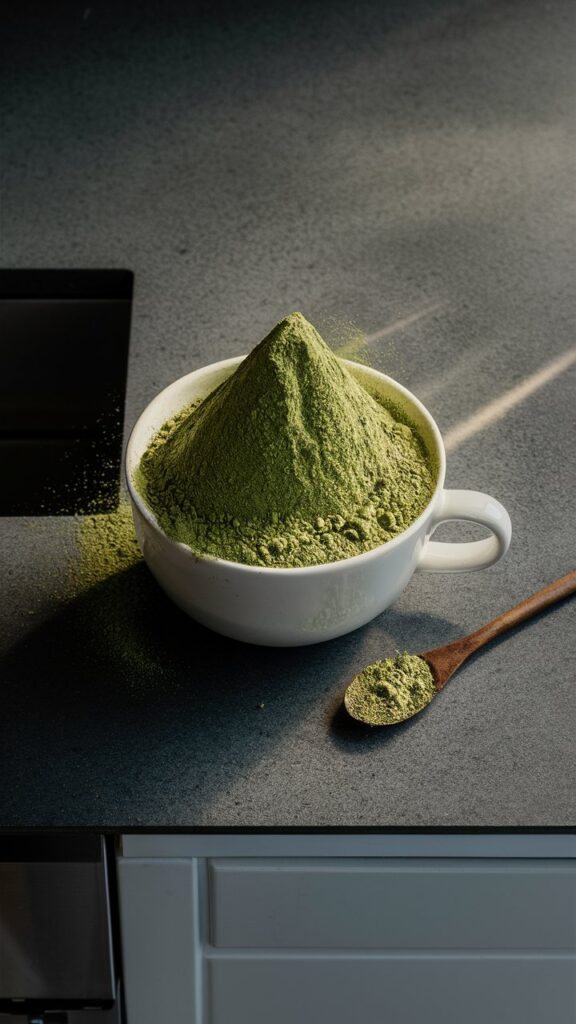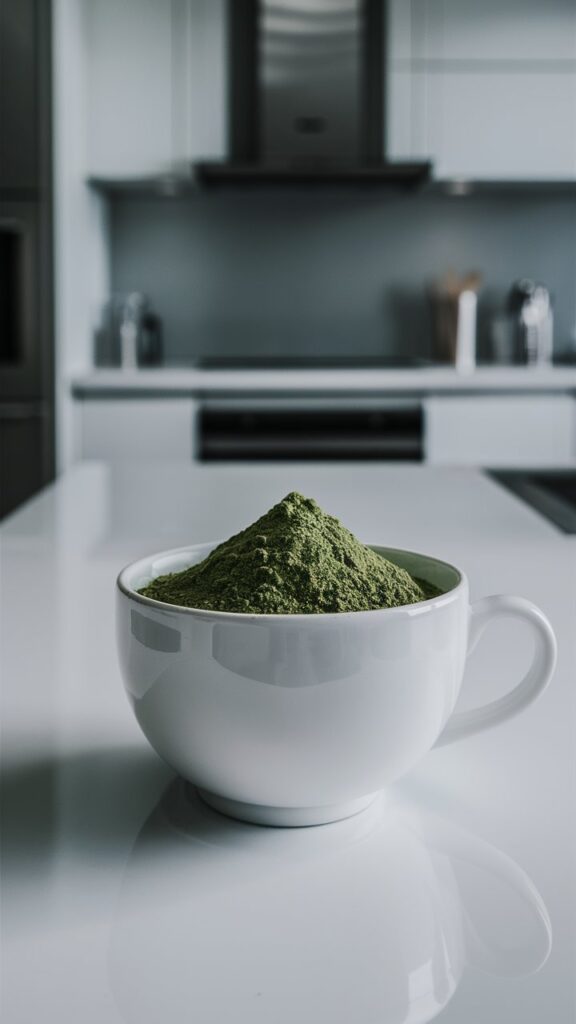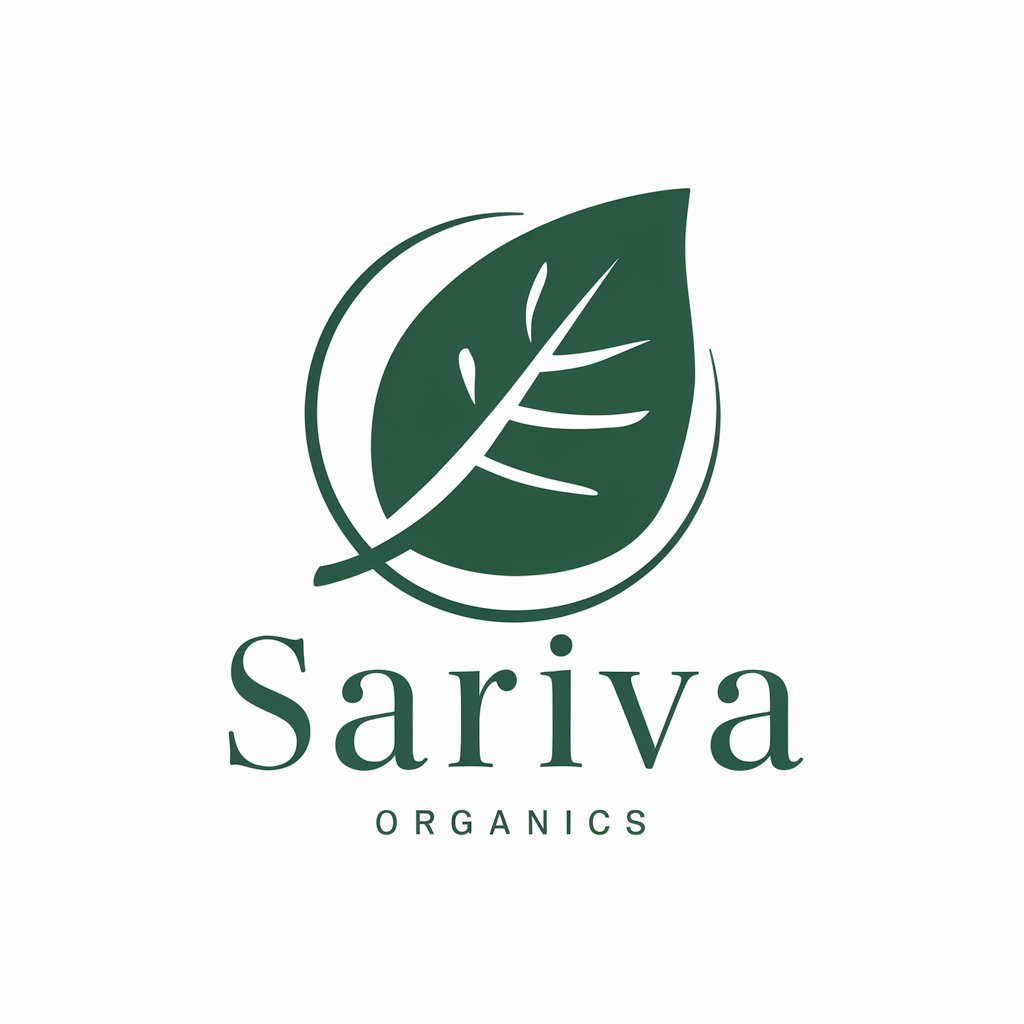Moringa, commonly known as the drumstick tree, is a remarkable plant revered for its myriad health benefits. Originating from the foothills of the Himalayas in India, Moringa has been used for centuries in traditional medicine and as a dietary staple. The entire tree, from its leaves to its seeds, is packed with nutrients that can significantly enhance our health.
I first discovered Moringa during a trip to a local farmers’ market. A vendor enthusiastically recommended it, sharing stories of its incredible nutritional profile and healing properties. Intrigued, I decided to give it a try. Since then, Moringa has become a regular part of my diet, and I’ve experienced firsthand its remarkable benefits.
Including Moringa in our daily diet is crucial for maintaining overall health and well-being. It’s a powerhouse of essential vitamins, minerals, and antioxidants that support various bodily functions. From boosting immunity to improving digestion, Moringa offers a natural and effective way to enhance our health. By incorporating this superfood into our meals, we can enjoy a vibrant, healthier life, just as I have.
Key Takeaways
- Moringa is a nutrient-dense superfood with numerous health benefits.
- It contains essential vitamins, minerals, proteins, and antioxidants.
- Moringa helps lower blood sugar and cholesterol levels.
- It has anti-inflammatory properties and supports digestive health.
- Moringa boosts immunity and promotes skin and brain health.
- Various forms of Moringa can be easily incorporated into daily diets.
- Regular consumption of Moringa can significantly enhance overall well-being.
Benefits of Organic Jaggery (Gur)
What is Moringa?

Moringa, also known as the drumstick tree, is a fast-growing, drought-resistant tree native to the Indian subcontinent. Its scientific name is Moringa oleifera, and it thrives in tropical and subtropical climates. This versatile plant is cultivated for its nutritious leaves, pods, seeds, and roots, all of which are used in various culinary and medicinal applications.
Around the world, Moringa is known by several names. In India, it’s commonly referred to as “Sahjan” or “Shobhanjana.” In the Philippines, it’s called “Malunggay,” while in West Africa, it goes by “Nébéday” or “Benniseed.” These regional names reflect the widespread recognition of Moringa’s benefits across different cultures.
In traditional medicine, Moringa has been used for centuries to treat a variety of ailments. Ayurveda, the ancient Indian system of medicine, highlights Moringa’s therapeutic properties, using it to balance the body’s doshas and treat conditions like inflammation, infections, and digestive disorders. This time-honored wisdom underscores the plant’s significance in promoting health and wellness.
Benefits of Organic Flaxseed Oil
Nutritional Profile of Moringa

Moringa is often referred to as a “superfood” because of its incredibly rich nutritional profile. Every part of the Moringa tree, from its leaves to its seeds, is packed with essential nutrients that contribute to its health-boosting properties.
Overview of Nutrients
Moringa leaves are particularly nutritious, containing a wide array of vitamins, minerals, proteins, and antioxidants. They are rich in:
- Vitamins: Moringa is a powerhouse of vitamins, including Vitamin A (beta-carotene), Vitamin C, Vitamin E, and several B vitamins (B1, B2, B3, B6).
- Minerals: It is an excellent source of calcium, iron, magnesium, potassium, and zinc.
- Proteins: Moringa leaves provide all nine essential amino acids, making it a complete protein source.
- Antioxidants: Moringa contains powerful antioxidants like quercetin, chlorogenic acid, and beta-carotene, which help neutralize harmful free radicals in the body.
Comparison with Other Nutrient-Rich Foods
When compared to other commonly consumed nutrient-rich foods, Moringa stands out significantly:
- Vitamin C: Moringa leaves have seven times more Vitamin C than oranges.
- Vitamin A: They contain four times more Vitamin A than carrots.
- Calcium: Moringa has four times more calcium than milk.
- Potassium: It offers three times more potassium than bananas.
- Iron: Moringa provides three times more iron than spinach.
- Protein: The protein content in Moringa is comparable to that of eggs and yogurt, making it an excellent alternative protein source for vegetarians and vegans.
Benefits of These Nutrients
The rich nutrient composition of Moringa translates into numerous health benefits:
- Vitamin A supports vision, immune function, and skin health.
- Vitamin C boosts immunity, aids in collagen production, and enhances iron absorption.
- Calcium and magnesium are essential for bone health and muscle function.
- Iron is crucial for preventing anemia and maintaining energy levels.
- Potassium helps regulate blood pressure and fluid balance.
- Proteins are vital for tissue repair, muscle growth, and overall bodily functions.
- Antioxidants protect the body from oxidative stress, reducing the risk of chronic diseases and promoting healthy aging.
Incorporating Moringa into your diet is a natural and effective way to boost your intake of these essential nutrients, supporting overall health and well-being.
Benefits of Organic Castor Oil
Health Benefits of Moringa

1. Rich in Antioxidants
Antioxidants are molecules that combat free radicals in the body, which are harmful compounds that can cause oxidative stress and damage cells. This oxidative damage is linked to various chronic diseases, including heart disease, cancer, and diabetes. Moringa is packed with antioxidants like quercetin and chlorogenic acid.
Quercetin is a powerful antioxidant that helps reduce blood pressure and has anti-inflammatory effects. Chlorogenic acid, also found in coffee, has been shown to moderate blood sugar levels and promote weight loss. By incorporating Moringa into your diet, you can harness these antioxidants to protect your body from oxidative stress, support healthy aging, and reduce the risk of chronic diseases.
2. Anti-Inflammatory Properties
Inflammation is a natural bodily response to injury or infection, but chronic inflammation can lead to various health issues such as arthritis, heart disease, and certain cancers. Moringa contains anti-inflammatory compounds called isothiocyanates, which have been shown to reduce inflammation in the body.
These compounds work by inhibiting the production of inflammatory enzymes and cytokines, thereby reducing inflammation and its associated symptoms. By consuming Moringa regularly, you can help manage chronic inflammation, reduce pain and swelling, and support overall health and well-being.
3. Lowers Blood Sugar Levels
Diabetes and blood sugar issues are increasingly common, affecting millions worldwide. High blood sugar levels can lead to serious health complications if not managed properly. Several studies have shown that Moringa can help lower blood sugar levels.
The plant contains compounds such as isothiocyanates that have been shown to reduce blood sugar levels in both animal and human studies. Incorporating Moringa into your diet, whether through powders, capsules, or fresh leaves, can be an effective natural approach to managing blood sugar levels and preventing diabetes-related complications.
4. Lowers Cholesterol
High cholesterol is a major risk factor for heart disease, the leading cause of death worldwide. Cholesterol is a fatty substance that can build up in the arteries, leading to blockages and cardiovascular problems. Research has shown that Moringa can help lower cholesterol levels in the body.
Studies indicate that Moringa reduces levels of LDL (bad) cholesterol while increasing HDL (good) cholesterol. This is largely due to its high content of beta-sitosterol, a compound that blocks cholesterol absorption in the intestines. Adding Moringa to your diet can help manage cholesterol levels and support heart health.
5. Protects Against Arsenic Toxicity
Arsenic toxicity is a serious health concern in many parts of the world, particularly where groundwater is contaminated with arsenic. Long-term exposure to arsenic can lead to various health issues, including cancer and heart disease. Moringa has been shown to protect against arsenic toxicity.
Studies in animals have demonstrated that Moringa leaf extract can reduce the effects of arsenic toxicity by preventing oxidative damage and enhancing detoxification processes in the body. By including Moringa in your diet, especially if you live in areas with high arsenic exposure, you can help mitigate the risks associated with this toxin.
6. Improves Digestive Health
A healthy digestive system is crucial for overall well-being, as it ensures that nutrients are properly absorbed and waste is efficiently eliminated. Moringa is beneficial for digestive health due to its high fiber content and natural digestive enzymes.
The fiber in Moringa helps regulate bowel movements, preventing constipation and promoting a healthy gut. Additionally, Moringa contains compounds that support the growth of beneficial gut bacteria. Personally, I’ve found that incorporating Moringa into my diet has improved my digestion and alleviated common digestive issues, making it a staple in my daily routine.
7. Boosts Immunity
A strong immune system is essential for protecting the body against infections and diseases. Moringa is packed with nutrients that boost the immune system, including Vitamin C, Vitamin A, and various antioxidants.
Vitamin C is well-known for its immune-boosting properties, helping to fight off infections and reduce the duration of illnesses. Vitamin A supports the production of white blood cells, which are crucial for immune responses. The antioxidants in Moringa further enhance immunity by protecting immune cells from damage. By incorporating Moringa into your diet, you can support your immune system and maintain better overall health.
8. Supports Brain Health
Cognitive health is vital for maintaining mental clarity, focus, and overall brain function. Moringa contains nutrients that support brain health, including Vitamins E and C, and antioxidants.
Vitamin E helps protect brain cells from oxidative stress, which can lead to cognitive decline and neurodegenerative diseases. Vitamin C is essential for the production of neurotransmitters that regulate mood and brain function. By consuming Moringa, you can nourish your brain, improve cognitive function, and enhance mental clarity. Personally, I’ve found that starting my day with a Moringa smoothie keeps me sharp and focused throughout the day.
9. Enhances Skin Health
Skin issues such as acne, dryness, and premature aging are common concerns. Moringa offers numerous benefits for skin health due to its rich content of vitamins, antioxidants, and anti-inflammatory compounds.
The vitamins in Moringa, particularly Vitamin A and Vitamin E, promote skin health by supporting cell regeneration and protecting against damage. Antioxidants help combat the free radicals that cause premature aging, while anti-inflammatory compounds reduce redness and swelling. You can use Moringa topically in DIY skin care recipes or consume it to achieve glowing, healthy skin. Incorporating Moringa into my skincare routine has made a noticeable difference in my skin’s texture and radiance.
By including Moringa in your daily diet, you can take advantage of its numerous health benefits, from boosting immunity to enhancing skin health. Whether you choose to add it to your meals, smoothies, or skincare routine, Moringa is a versatile and powerful superfood that can support your overall well-being.
Benefits of Organic Sesame Oil
How to Incorporate Moringa into Your Diet

Moringa is incredibly versatile and can be consumed in various forms, making it easy to include in your daily diet. Here are some common forms of Moringa and how you can use them:
- Leaves: Fresh or dried Moringa leaves can be added to salads, soups, or stir-fries. They can also be brewed into a nutritious tea.
- Powder: Moringa powder is made from dried leaves and can be easily mixed into smoothies, juices, or sprinkled over cereals and yogurts.
- Oil: Moringa oil, extracted from seeds, is excellent for cooking and can also be used as a dressing for salads.
- Seeds: Moringa seeds can be eaten raw or roasted, providing a crunchy addition to snacks and meals.
Here are some easy recipes and tips for daily consumption:
- Moringa Smoothie: Blend a teaspoon of Moringa powder with a banana, a handful of spinach, and a cup of almond milk for a nutrient-packed breakfast smoothie.
- Moringa Tea: Steep fresh or dried Moringa leaves in hot water for 5-10 minutes. Add honey or lemon for flavor.
- Moringa Stir-fry: Add fresh Moringa leaves to your favorite vegetable stir-fry for a nutritional boost.
- Moringa Seed Snack: Roast Moringa seeds with a pinch of salt and your favorite spices for a healthy and crunchy snack.
Personally, my favorite way to enjoy Moringa is in a simple Moringa lentil soup. I sauté onions, garlic, and tomatoes, add lentils and vegetable broth, and finish with a generous handful of fresh Moringa leaves. It’s a comforting and nutritious meal that my family loves.
Health Benefits of Tulsi (Holy Basil)
Conclusion
Moringa is a nutritional powerhouse offering a wide range of health benefits, from boosting immunity and reducing inflammation to improving digestion and skin health. Incorporating Moringa into your daily diet is an easy and effective way to enhance your overall well-being.
I encourage you to try adding Moringa to your meals and experience its benefits firsthand. Whether you use the leaves, powder, oil, or seeds, this versatile superfood can significantly contribute to a healthier lifestyle. From my personal experience, Moringa has been a game-changer, and I wholeheartedly endorse it as a valuable addition to any diet. Start today and enjoy the incredible health benefits that Moringa has to offer.
Health Benefits of Amla (Indian Gooseberry)
FAQ
1. What are the best ways to consume Moringa?
Moringa can be consumed in various forms such as fresh or dried leaves, powder, oil, and seeds. It can be added to smoothies, teas, soups, salads, and stir-fries.
2. Are there any side effects of consuming Moringa?
Moringa is generally safe when consumed in moderation. However, excessive consumption may lead to digestive issues. Pregnant women should consult a doctor before using it.
3. How much Moringa should I consume daily?
A common recommendation is 1-2 teaspoons of Moringa powder per day. Start with a small amount and gradually increase to avoid potential digestive discomfort.
4. Can Moringa help with weight loss?
Yes, Moringa can aid weight loss due to its high fiber content and ability to regulate blood sugar levels, which helps control appetite and cravings.
5. Where can I buy Moringa products?
Moringa products are widely available at health food stores, online retailers, and some supermarkets. Ensure you choose high-quality, organic options.
Health Benefits of Turmeric (Haldi)
Eat Healthy, Stay Healthy!
At Sariva Organics, we believe that good health starts with pure, organic products. Moringa is just one of the many natural treasures we offer to help you lead a healthier, more vibrant life. Visit our store to explore our range of high-quality Moringa products, from fresh leaves to convenient powders and oils.
But why stop at just buying Moringa? Come and see where the magic happens! We invite you to join us for a farm visit or a farm stay, where you can experience firsthand how our organic products are grown and harvested. Learn about sustainable farming practices, enjoy the tranquility of nature, and taste the freshest produce straight from our fields.
Take the next step towards a healthier lifestyle with Sariva Organics. Visit our store, join us on the farm, and embrace the journey to better health together.
Eat healthy, stay healthy!
